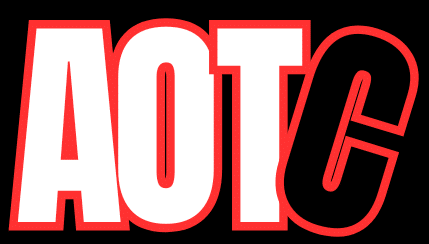- The Burden of Racial Justice: A Reflection on Injustice and Resistance
- W.E.B. Du Bois and the Fight Against Normalized Racism
- NABJ, Donald Trump, and the Normalization of Racism: A Critical Analysis
The burden of working for racial justice is a heavy one, often falling on the shoulders of those who are already suffering from injustice. This sentiment was captured by journalist Nikole Hannah-Jones, who boldly declared, “I refuse.”
Reflecting on a dark moment in history, the lynching of Sam Hose in 1899 in Georgia serves as a stark reminder of the normalized racial violence that plagued society. Despite efforts by influential figures like W.E.B. Du Bois to combat this injustice, the brutal lynching of Hose and the lack of accountability for his murder underscored the deep-rooted racism that permeated society.
Fast forward to the present day, where the National Association of Black Journalists faced criticism for inviting Donald Trump to their convention. The decision to treat Trump as a normal presidential candidate, despite his history of racism, lies, and divisiveness, sparked outrage among Black journalists who felt their voices were being silenced and their integrity compromised.
The refusal to normalize racism and injustice is a powerful stance that Black journalists and activists are taking. The call to reject the burden of white supremacy and demand accountability from those in power is a necessary step towards true equality and justice. As journalist Michael Harriot aptly puts it, “I refuse.” The time for complacency and complicity in the face of racism is over, and the fight for racial justice continues.
